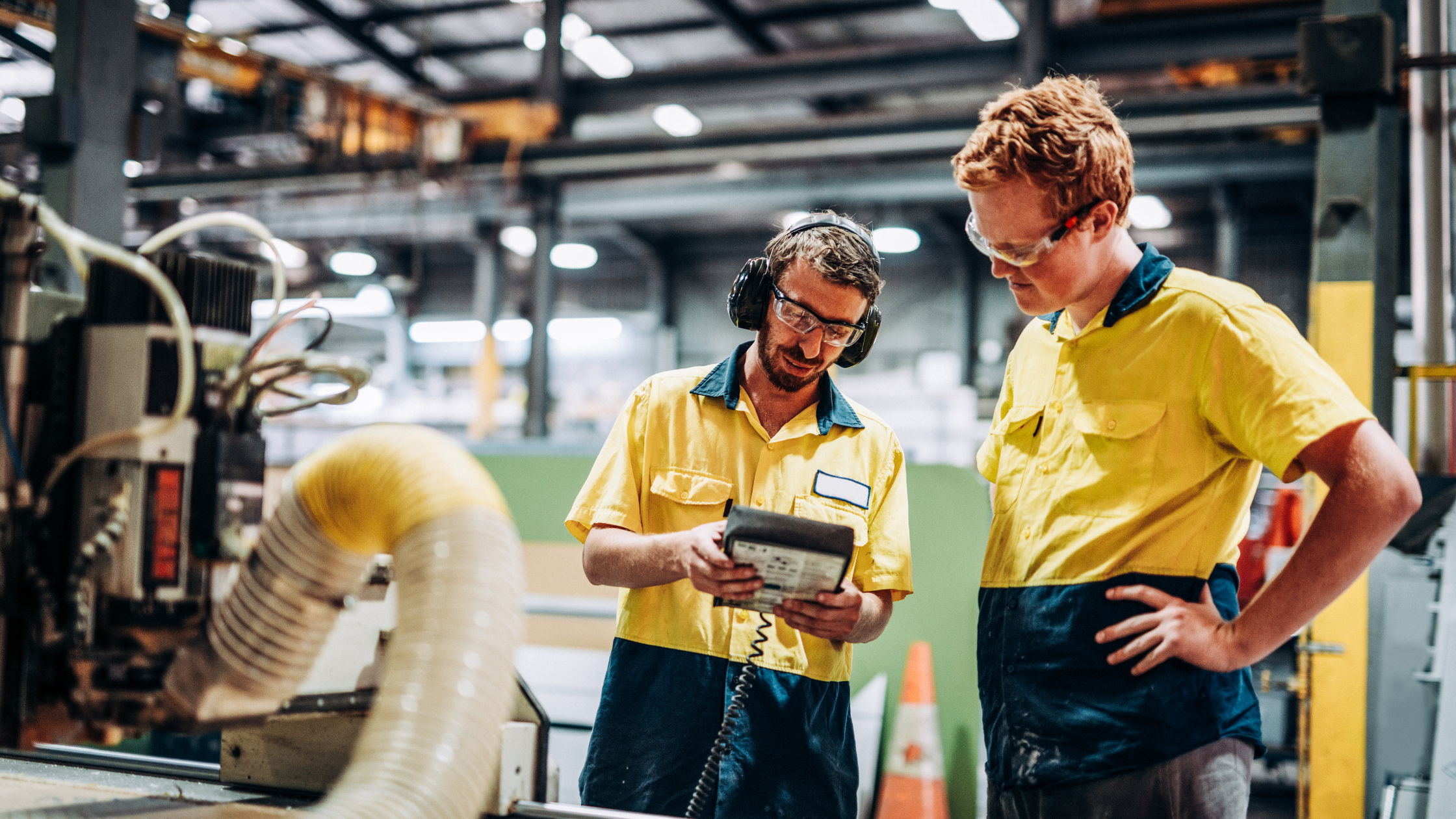Process automation has emerged as a transformative force in the manufacturing industry, revolutionizing traditional manufacturing practices and significantly enhancing operational efficiency. By employing advanced technologies and intelligent systems, manufacturing companies can streamline their processes, improve productivity, reduce costs, and achieve higher levels of quality control. This article explores the key benefits of process automation in the manufacturing industry.
Increased Productivity:
Process automation eliminates manual and repetitive tasks, enabling manufacturers to increase productivity levels dramatically. Automated systems can operate around the clock, optimizing production schedules, and reducing cycle times. By minimizing human error and maximizing equipment utilization, manufacturers can achieve higher output rates and meet customer demands more effectively.
Enhanced Quality Control:
Automation ensures consistent and precise execution of manufacturing processes, leading to improved quality control. Automated systems can monitor production parameters in real-time, detect defects or deviations, and make immediate adjustments. This level of accuracy minimizes variations and defects in the final products, resulting in higher customer satisfaction and reduced waste.
Cost Reduction:
Process automation offers significant cost-saving opportunities for manufacturers. By automating labor-intensive tasks, companies can reduce labor costs and reallocate human resources to more value-added activities. Automation also minimizes the risk of errors and rework, reducing material waste and associated costs. Additionally, automated systems optimize energy consumption and maintenance schedules, leading to further cost savings.
Efficient Inventory Management:
Automated inventory management systems enable manufacturers to optimize their supply chain and reduce inventory carrying costs. Real-time data on inventory levels, demand forecasts, and production schedules allow for more accurate planning and timely replenishment. With automation, manufacturers can achieve a leaner and more efficient inventory management process, minimizing stockouts and excess inventory.
Improved Safety:
Process automation enhances workplace safety by reducing the exposure of workers to hazardous or repetitive tasks. Automated systems can handle dangerous operations, reducing the risk of accidents and injuries. By implementing safety protocols and integrating sensors and alarms, manufacturers can create a safer working environment for their employees.
Faster Time-to-Market:
Automation accelerates the production cycle and improves time-to-market for manufacturers. By minimizing production lead times, companies can respond quickly to market demands and gain a competitive edge. Developing automated processes, coupled with advanced analytics and data-driven decision-making, enable manufacturers to optimize production schedules, identify bottlenecks, and make proactive adjustments for faster product launches.
Scalability and Flexibility:
Process automation provides manufacturers with scalability and flexibility to adapt to changing market conditions. Automated systems can be easily reconfigured or integrated with new technologies to accommodate evolving production requirements. Whether it’s increasing production volumes, introducing new product variants, or adapting to customized orders, automation enables manufacturers to scale their operations efficiently.
Conclusion:
Process automation is revolutionizing the manufacturing industry by delivering significant benefits such as increased productivity, enhanced quality control, cost reduction, efficient inventory management, improved safety, faster time-to-market, and scalability. By embracing automation technologies, manufacturers can optimize their operations, stay competitive, and achieve sustainable growth in today’s rapidly evolving marketplace.


